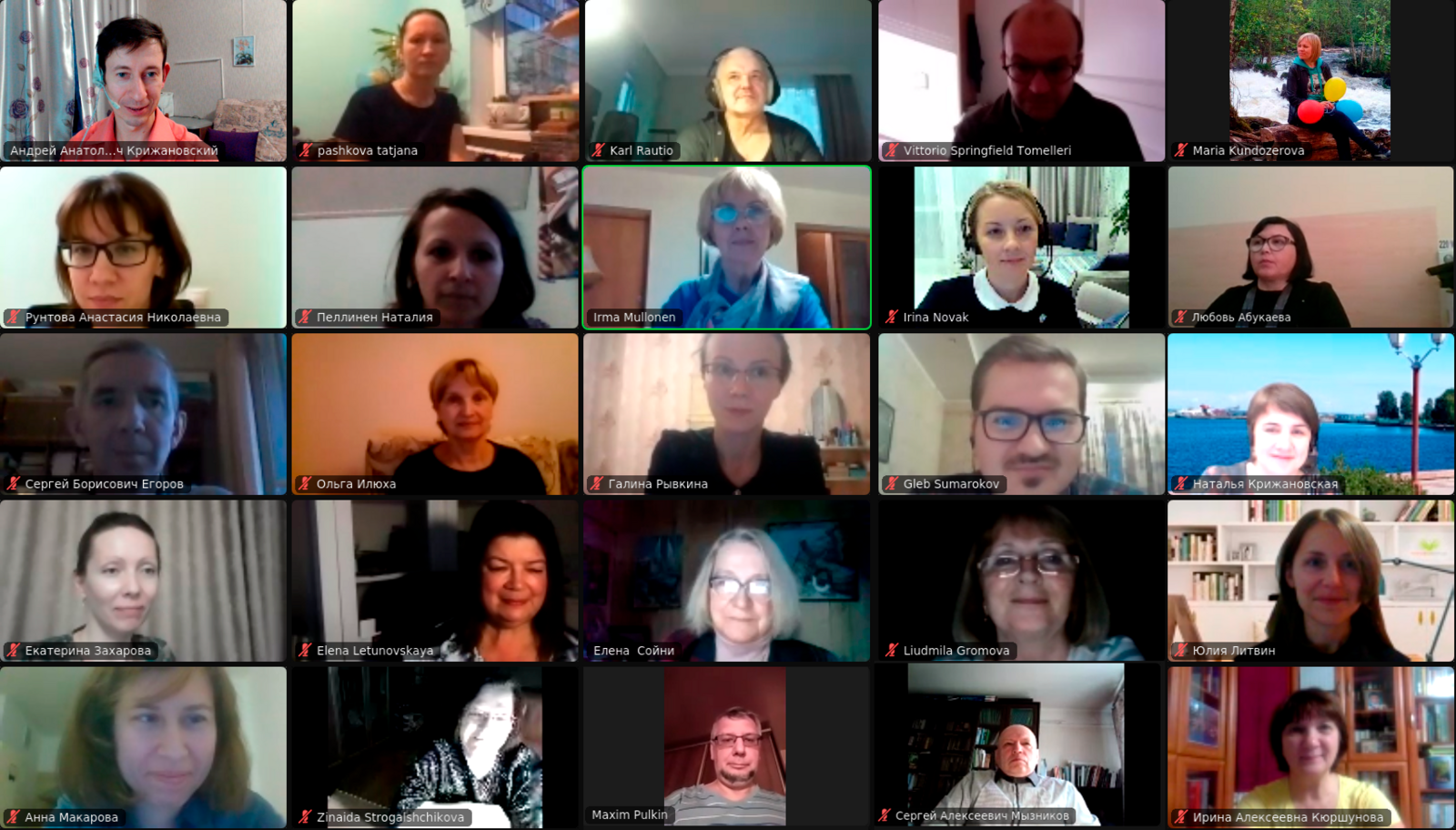Business
Zoom Summons Workers Back to the Office - Is Remote-Work Revolution Over?
By Jake Beardslee · August 6, 2023

The remote work-revolution sparked by the COVID-19 pandemic appears to be waning as major companies call employees back to the office. Zoom Video Communications, which played a major role in the work-from-home movement, announced this week that employees living within 50 miles of a company location must report to the office at least two days a week.
“We believe that a structured hybrid approach – meaning employees that live near an office need to be onsite two days a week to interact with their teams – is most effective for Zoom,” a Zoom spokesperson said in a statement released to Insider. “As a company, we are in a better position to use our own technologies, continue to innovate, and support our global customers.”
Analysts expressed surprise at Zoom’s policy reversal given its pivotal role in enabling remote work in recent years. Zoom’s video-conferencing platform became so ubiquitous during the pandemic that “Zoom” entered the vernacular as a verb for remote-video meetings.
The company’s market value ballooned in 2020 as home-bound workers flocked to its service. But growth slowed starting in 2021, sending shares plunging more than 70% from their peak. Zoom stock has treaded water this year as businesses have insisted on greater on-site presence from their employees, reducing demand for video meetings.
Despite its own policy change, Zoom’s marketing continues to tout flexible work as a major convenience for companies and employees. A recent Zoom-commissioned survey found 70% of respondents would consider quitting a job for more flexibility.
Ironically, it was only a year ago that Zoom estimated less than 2% of its workforce would be office-based.
“We’ll continue to leverage the entire Zoom platform to keep our employees and dispersed teams connected and working efficiently,” the company’s spokesperson said.
Light Wave commentary
Zoom’s decision to require greater in-office attendance from its own employees shows that remote work has limits, even at its biggest cheerleader and beneficiary. Companies embrace new work models when it benefits them. But as the pandemic fades, offices and physical proximity have regained much of their appeal. Even so, the genie is out of the bottle. Work, especially office work, will never be quite the same. Employees now expect a level of flexibility that was largely unthinkable before the advent of Covid … and Zoom.